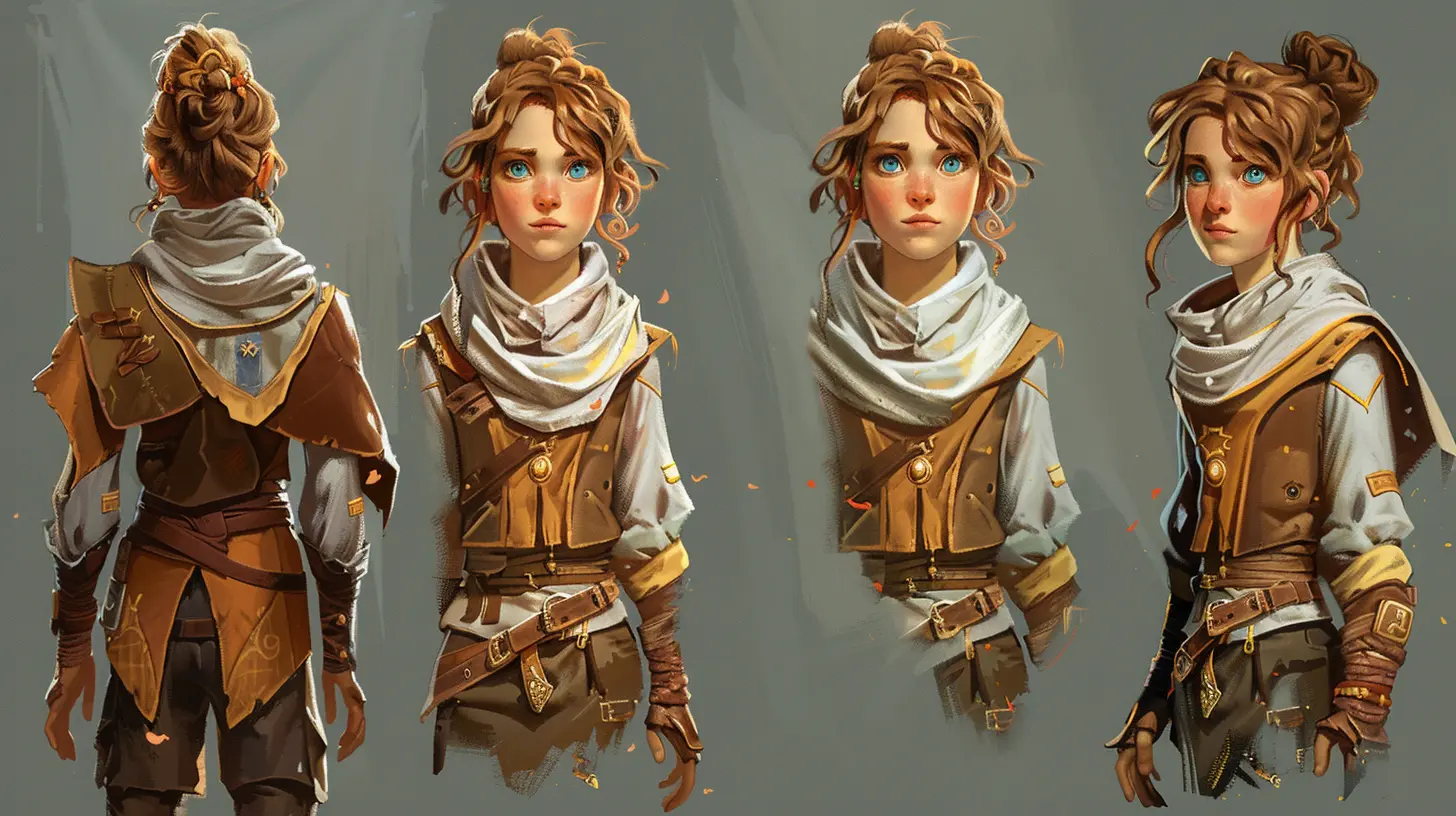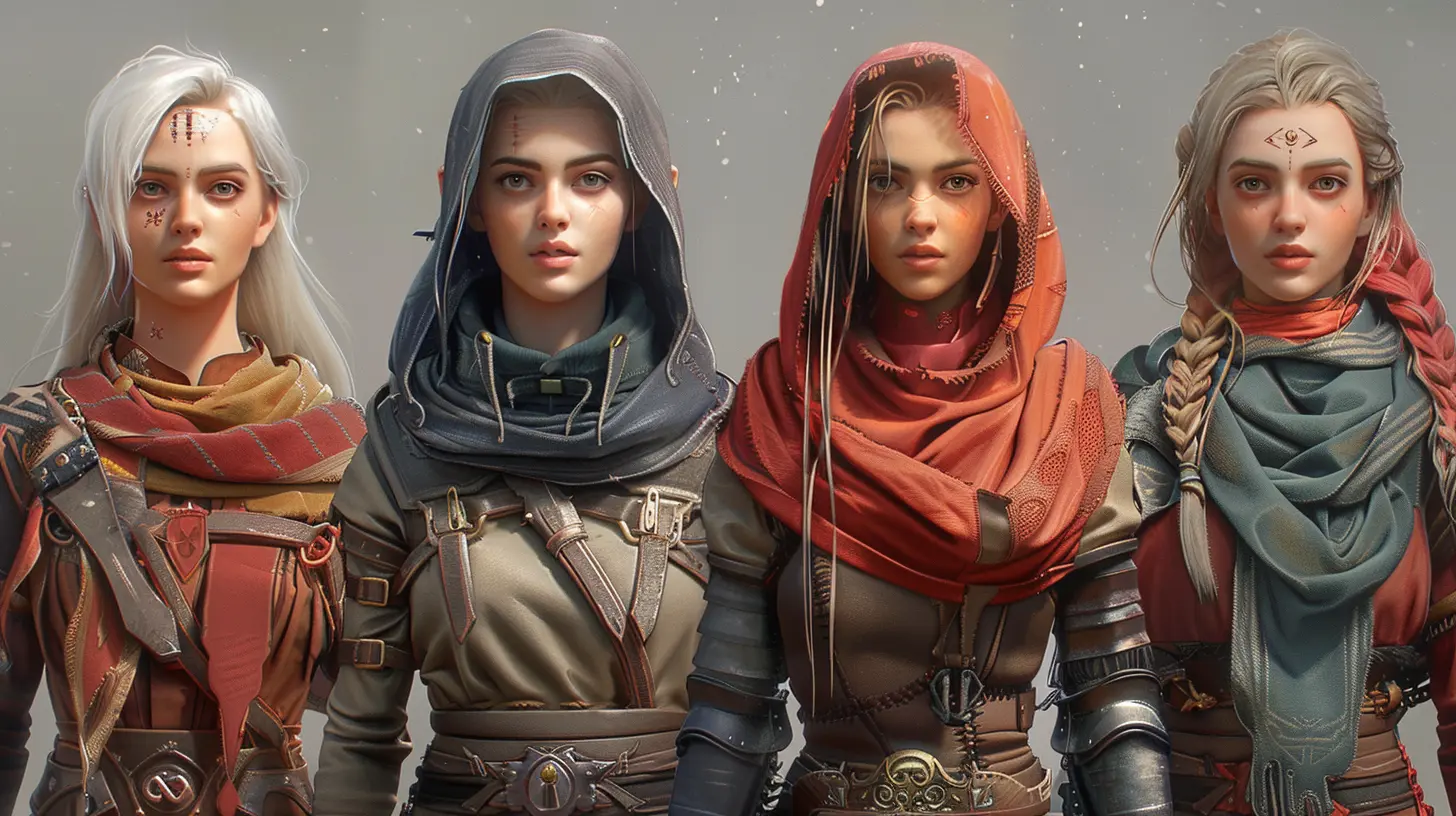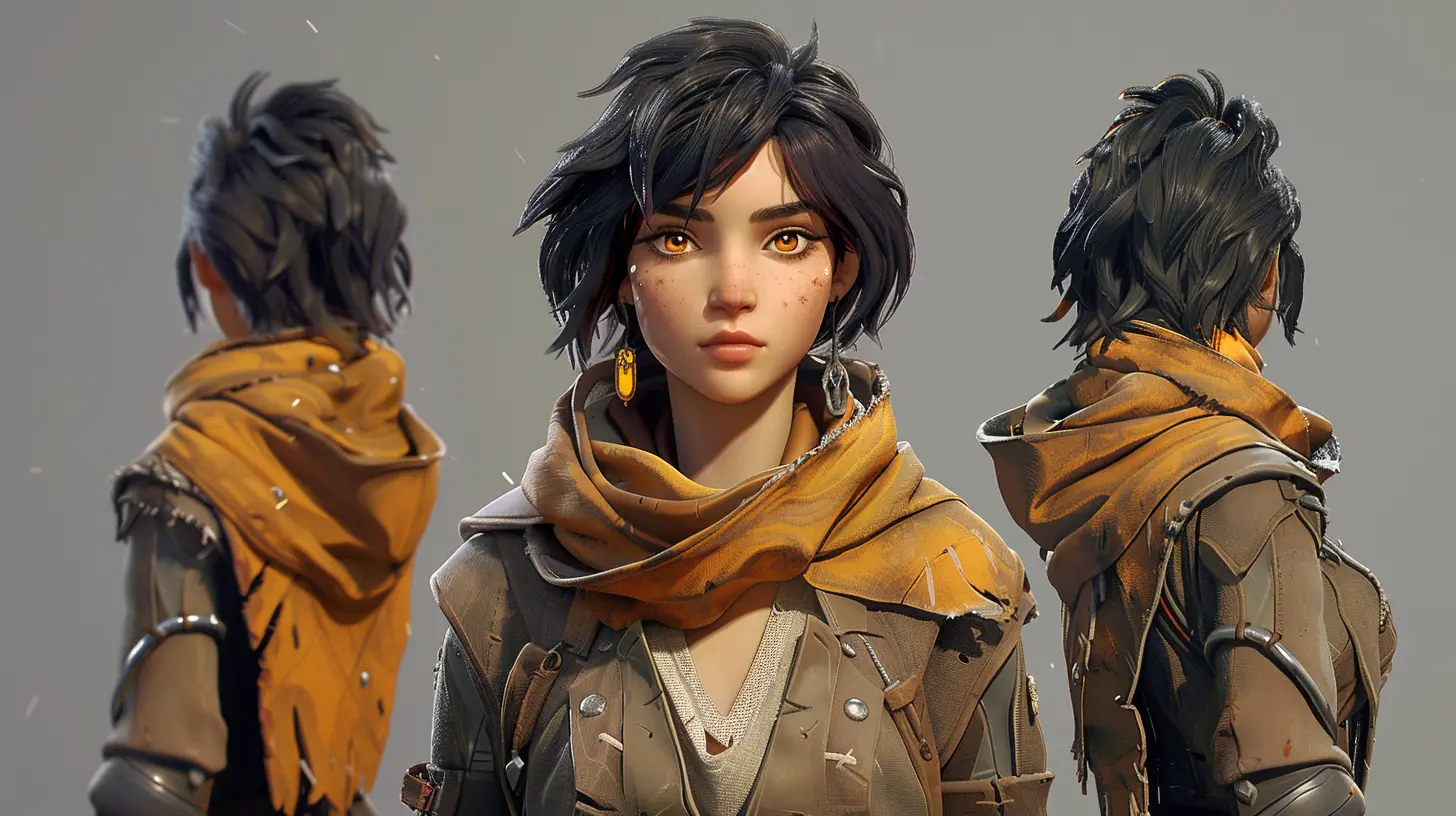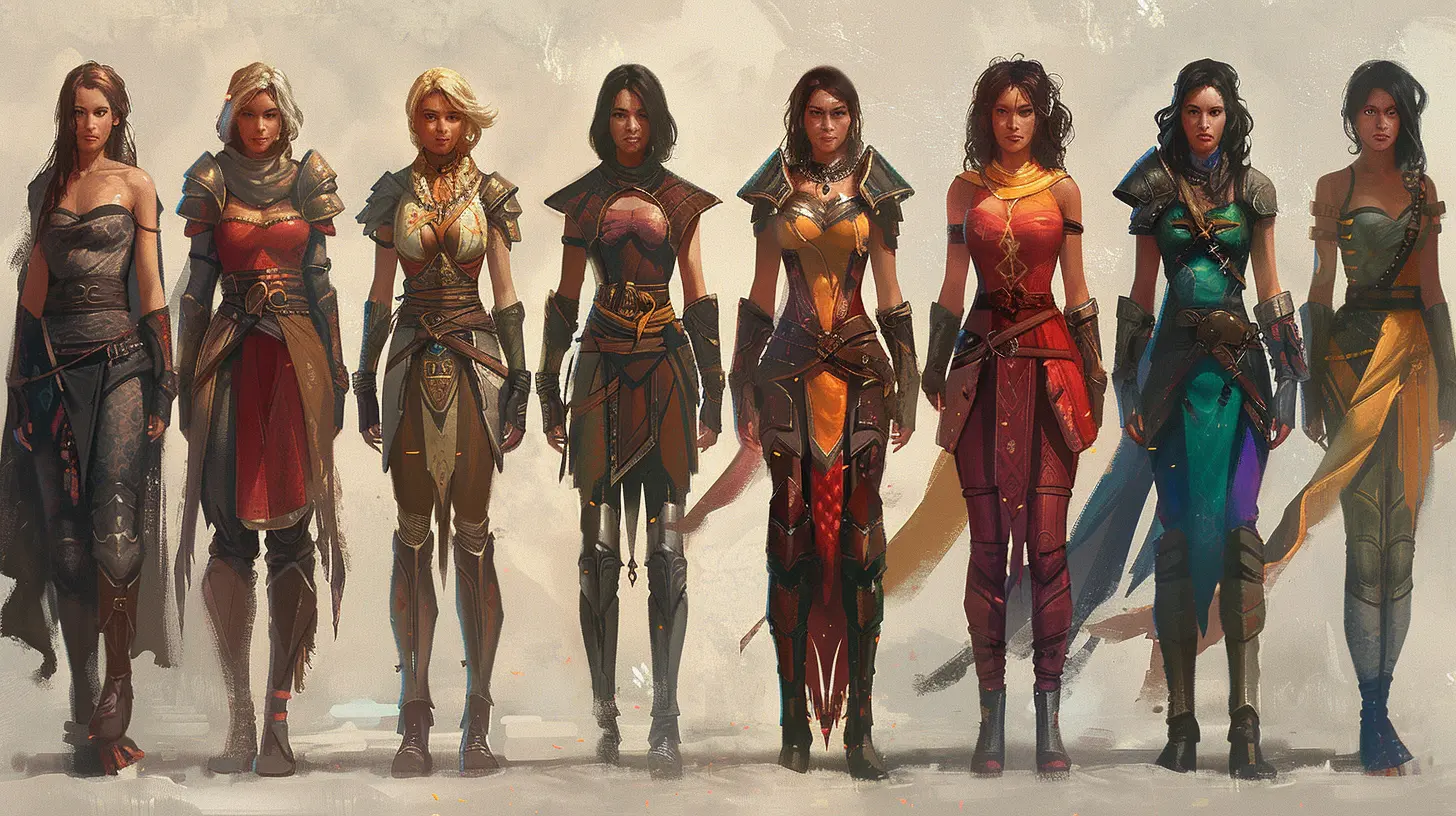The Appeal of Minimalist vs. Detailed Character Customization Systems
30 September 2025
Video games have come a long way from pixelated sprites and blocky avatars to intricate, lifelike characters. One of the most exciting parts of modern gaming is the ability to create and personalize characters. But not all character customization systems are made equal. Some games focus on intricate, detailed options, while others stick to minimal, streamlined approaches.
So, what’s the big deal? Why do certain players favor the simplicity of minimalist customization, while others spend hours tweaking every eyebrow arch and cheekbone angle? Let’s dive into the nuts and bolts of these two styles, their appeal, and which works best depending on the type of gamer you are and the kind of game you’re playing. 
What Is Minimalist Character Customization?
Minimalist customization is exactly what it sounds like—simple, straightforward, and to the point. It gives players just enough control to feel like they're making their character personal, but without bogging them down with a million sliders and options. Think of it like ordering from a fast-food menu: pick your basic items, and you're good to go.Why Do Players Love Minimalist Customization?
Let’s be honest—not every gamer wants to spend an hour crafting the perfect jawline and deciding on the angle of their character’s eyelashes. Sometimes, you just want to jump straight into the action. That’s where minimalist customization shines.It’s quick, intuitive, and easy. For gamers who value gameplay over aesthetics, this approach is a breath of fresh air. You’re not overwhelmed by decisions, nor do you have to worry about your character looking unintentionally hilarious (we’ve all accidentally created monstrosities in detailed editors, haven’t we?).
Another big perk? Accessibility. Minimalist systems are often more welcoming to newer gamers or those who just don’t have the patience for long customization processes. It’s as simple as picking a preset or choosing between a handful of options for hair, skin, and outfits. 
What Is Detailed Character Customization?
On the flip side, detailed customization systems go all-in on the idea that every player should be able to create a character that feels utterly unique. These systems let you tweak everything—down to the smallest detail. Want an asymmetrical scar that runs across only one eyebrow? Sure thing. Care about adjusting the depth and height of your nose bridge? You got it.What Makes Detailed Systems So Alluring?
For many, detailed customization is the point of character creation. It’s a canvas where you can design your ideal persona, replicate your real-life self, craft a character with a cool backstory, or just noodle around creating something fun or bizarre.It’s a playground for creative minds. Detailed systems foster immersion, giving players a sense of ownership over their characters. Imagine playing as a character in an RPG that looks exactly how you envision them—it’s like bringing a piece of your imagination to life.
Then there’s the satisfaction of seeing your custom masterpiece interact with the game world. Whether it’s your perfectly sculpted hero delivering a heartfelt monologue or a laughably quirky character doing something ridiculous, it’s all part of the fun. 
Minimalist Customization: The Pros and Cons
Pros:
1. Quick and Easy: Perfect for people short on time or who just want to dive into the gameplay.2. Fewer Decisions: Reduces the "choice overload" that can come from overly complex systems.
3. Streamlined Gameplay: Keeps the focus on the action, story, or mechanics instead of the aesthetics.
4. Inclusivity: Easier for new gamers or those unfamiliar with detailed customization mechanics.
Cons:
1. Less Personal: The lack of options can make characters feel generic or cookie-cutter.2. Limited Creativity: There’s less room for self-expression or storytelling.
3. Not Always Immersive: For players who love to lose themselves in an RPG, minimalist systems can feel a little shallow.

Detailed Customization: The Pros and Cons
Pros:
1. Unmatched Creativity: Allows for endless possibilities, from creating stunningly realistic avatars to downright hilarious caricatures.2. Greater Immersion: Players feel more connected to their creations, adding another layer of depth to the experience.
3. Highly Personal: You can create characters that look like you, your friends, or even totally original designs inspired by your imagination.
4. Replay Value: Many players return to a game to create new characters, trying out new combinations or concepts.
Cons:
1. Time-Consuming: Can be overwhelming and tedious, especially for players who don’t enjoy tinkering with minute details.2. Steeper Learning Curve: Some systems are so intricate they might frustrate players who just want to get started.
3. Can Break Immersion: Ironically, if you spend too much time on customization, it can feel disconnected from the rest of the gameplay.
4. Not for Everyone: Let’s face it—some people just don’t care enough to spend hours sculpting pixel-perfect avatars.
Which System Is Better?
This is the big question, but the truth is… neither is better. It all boils down to context and personal preference. For fast-paced multiplayer games like Fortnite or Call of Duty, minimalist customization is often the better choice. These games emphasize real-time action and competition, so complex character customization might feel out of place.On the other hand, sprawling RPGs like The Elder Scrolls V: Skyrim or Cyberpunk 2077 thrive on detailed systems. These games put an emphasis on narrative immersion and player agency, making it worth spending an hour perfecting your character.
The Sweet Spot?
Interestingly, some games attempt a hybrid system, offering a mix of both styles. The Sims 4, for example, provides a detailed customization system but keeps the interface user-friendly. Similarly, games like Mass Effect let players opt for a basic preset or dive deep into detailed tweaking.Why This Debate Matters
The tug-of-war between minimalist and detailed customization systems isn’t just about aesthetics—it’s about how players connect with games. Customization is one of the most personal aspects of gaming. It gives players a sense of control and ownership over their experience. Whether you prefer keeping it simple or going all-out, the customization system sets the tone for how you engage with the game world.Final Thoughts
At the end of the day, the appeal of minimalist vs. detailed character customization systems is about the type of experience you want. Are you the type who likes to jump into the action, with no fuss? Then you’ll probably resonate with minimalist systems. Or do you love spending time crafting every detail, ensuring your avatar is as unique as a fingerprint? Detailed customization is where it’s at.Neither approach is inherently better—they just cater to different gaming styles. And honestly? There’s room for both in the vast, colorful landscape of gaming. So, the next time you’re creating a character, think about what feels right for you. And remember, no matter how much time you spend on it, the real fun starts once you hit “play.
all images in this post were generated using AI tools
Category:
Character CustomizationAuthor:

Jack McKinstry
Discussion
rate this article
1 comments
Annette Davis
In the delicate dance between minimalism and detail, character customization becomes a canvas of identity. But what lies beneath the surface? Do we crave simplicity, or does our desire for complexity reveal hidden depths of ourselves? The choice is more than aesthetic.
October 17, 2025 at 2:26 AM

Jack McKinstry
Great points! This balance reflects our unique identities—sometimes we seek simplicity for clarity, while at other times, complexity allows for deeper self-expression. Each choice tells a story.


